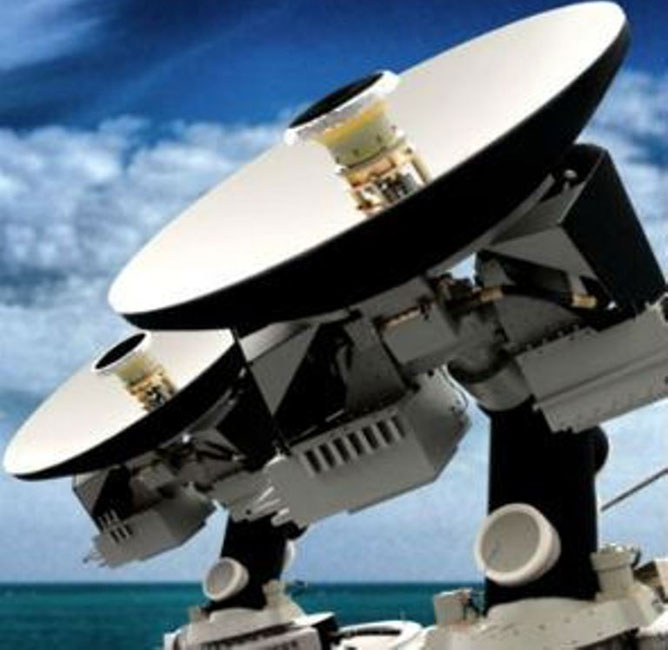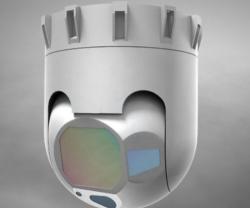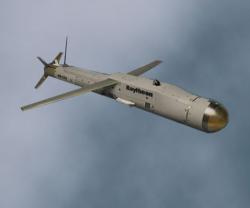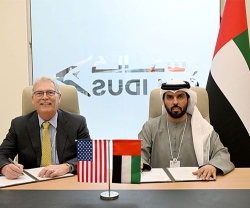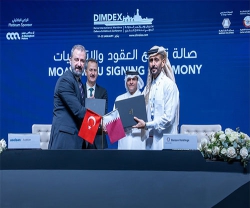Raytheon, whose terminals protect the military's most sensitive satellite communications, recently held a demonstration that proved sensitive data could be passed through small, low-cost satellite terminals using an unclassified but secure waveform.
A benefit of this approach would be that front-line tactical users, such as forward deployed forces or remotely piloted aircraft, could execute missions more securely and reliably than is now done in environments where communications can be jammed.
Using a modem that is significantly smaller and less expensive, the demonstration involved showing key elements of the protected tactical waveform similar to Advanced Extremely High Frequency, one of the military's most complex. Raytheon leveraged its position as the only provider of AEHF satellite terminals to three branches of the military to show that it can provide an affordable protected tactical solution.
Key cost benefits and modem features were identified and demonstrated allowing for flexibility across frequency bands that will provide tactical users the communications protection they need at affordable prices using existing and future satellites. The new tactical waveform can operate on a variety of bands including Q, X and Ka. It provides secure, anti-jam, low probability of intercept capabilities not available today on unprocessed or unprotected satellites.
“As the only provider of AEHF production satellite terminals to the military, Raytheon leveraged its protected military satellite communications leadership to meet the affordability, security and flexibility challenge,” said Scott Whatmough, Vice President of Integrated Communication Systems in Raytheon's Space and Airborne Systems business.
The waveform demonstration marks the first of three phases under a U.S. Air Force study known as the Design for Affordability and Risk Reduction. Raytheon was one of two companies chosen to help the U.S. government chart the course for future protected military satellite communication terminals.

